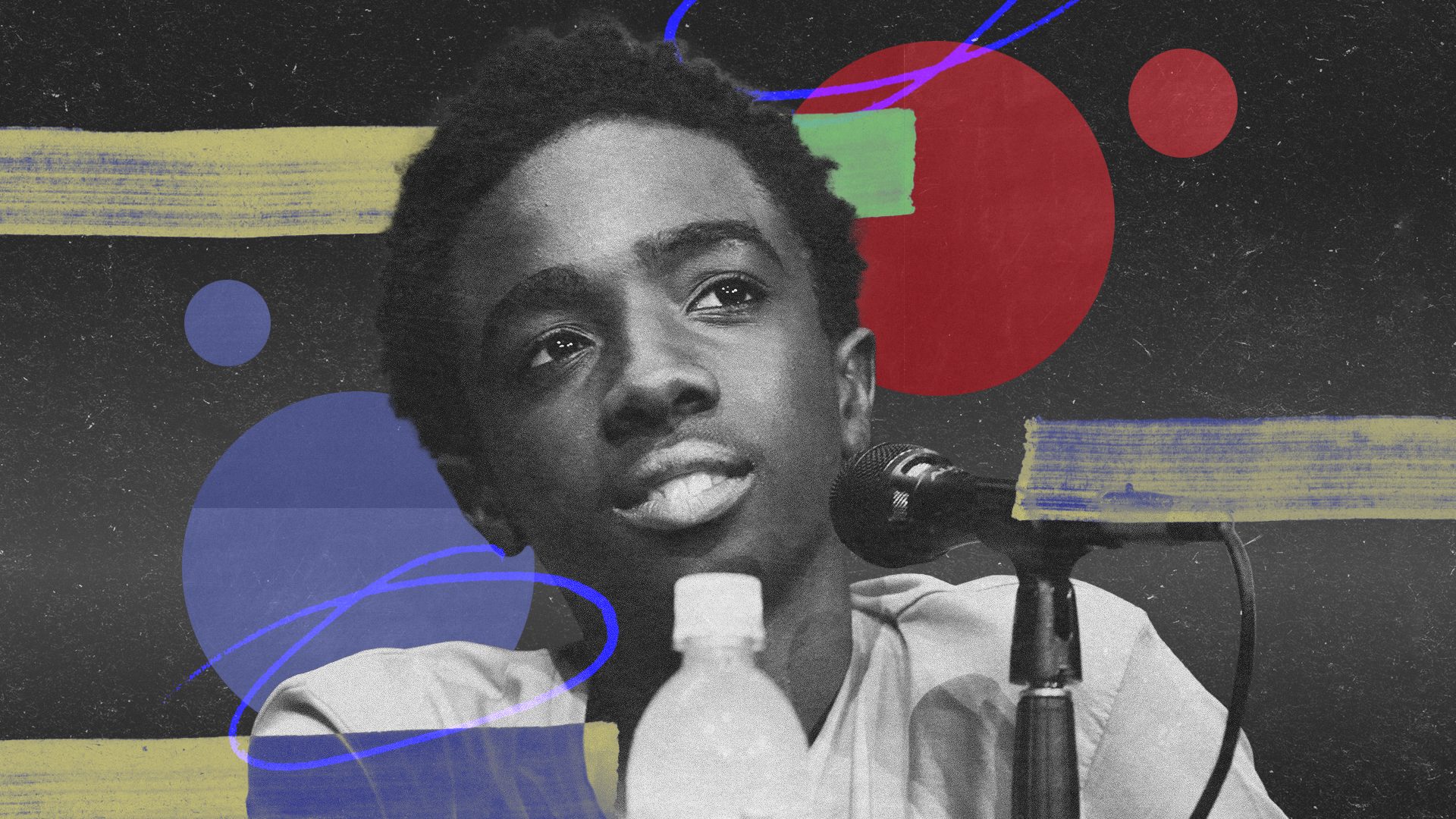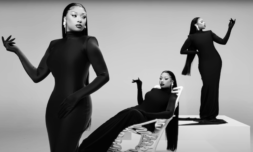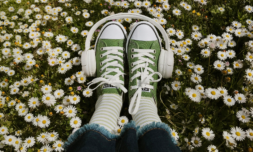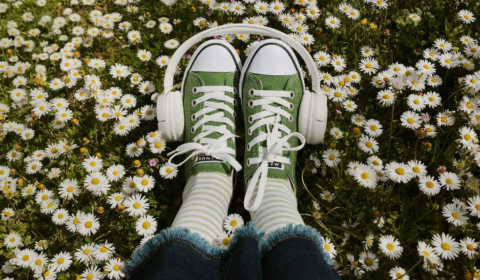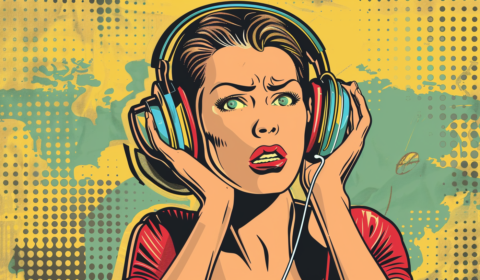McLaughlin’s experience proves one thing: that whether young, old, or wildly successful, even those who seem untouchable still face racism.
We’re all guilty of mystifying Hollywood stars.
We immortalise them, so much so that the death of a mainstream actor feels like the loss of a loved one. Their wealth feels untouchable – their fame endless.
Of all celebrities, perhaps none are more beguiling than the child star. The ability to achieve fame and fortune before the age of 20 is almost unbelievable, compelling us to gawk unflinchingly as these awkward pre-teens become young adults.
But no matter how inconceivable the notion of a ‘wonder kid’, it’s still hard to fathom that young celebrities face any kind of hardship.
No instance proves this more than ‘Stranger Things’ star Caleb McLaughlin’s admittance of facing fan racism. The 20-year-old actor – who first met fame at aged just 14 – opened up about his experiences of bigotry this week, sending the internet into a frenzied commentary.
It seems odd that another story of Hollywood racism – though unbearably depressing – would come as a surprise. And yet the endless stream of takes on McLaughlin’s experience suggest these realities still blindside us.
In this case, McLaughlin’s raw account picks at that mystified image of the child-star, scratching away at its surface until the bubble of ‘untouchable’ celebrity bursts in our faces.
‘Stranger Things’ has been a viral mega-hit ever since its first episode aired in 2016. When the fourth season aired on Netflix this summer, it was number 2 on the platform globally, and number 1 in the UK and US.
McLaughlin is one of the show’s six breakout child stars, making him one of the most famous young people in the world.
But even this cocktail of success hasn’t protected him from racism.
At a Comic Con event in Belgium this week, McLaughlin admitted that bigotry from fans has indelibly shaped his childhood.
‘It definitely took a toll on me as a younger kid’, he told the convention’s audience. ‘My very first Comic Con, some people didn’t stand in my line because I was Black.’
McLaughlin continued, ‘Even now some people don’t follow me or don’t support me because I’m Black. Sometimes overseas you feel the racism, you feel the bigotry. Sometimes it’s hard to talk about and for people to understand, but when I was younger it definitely affected me a lot.’
He recalls questioning his worth as a member of the cast, comparing himself to his white peers. ‘[I would wonder] why am I the least favourite? [Why do I have] the least amount of followers? I’m on the same show as everybody from Season 1’.









